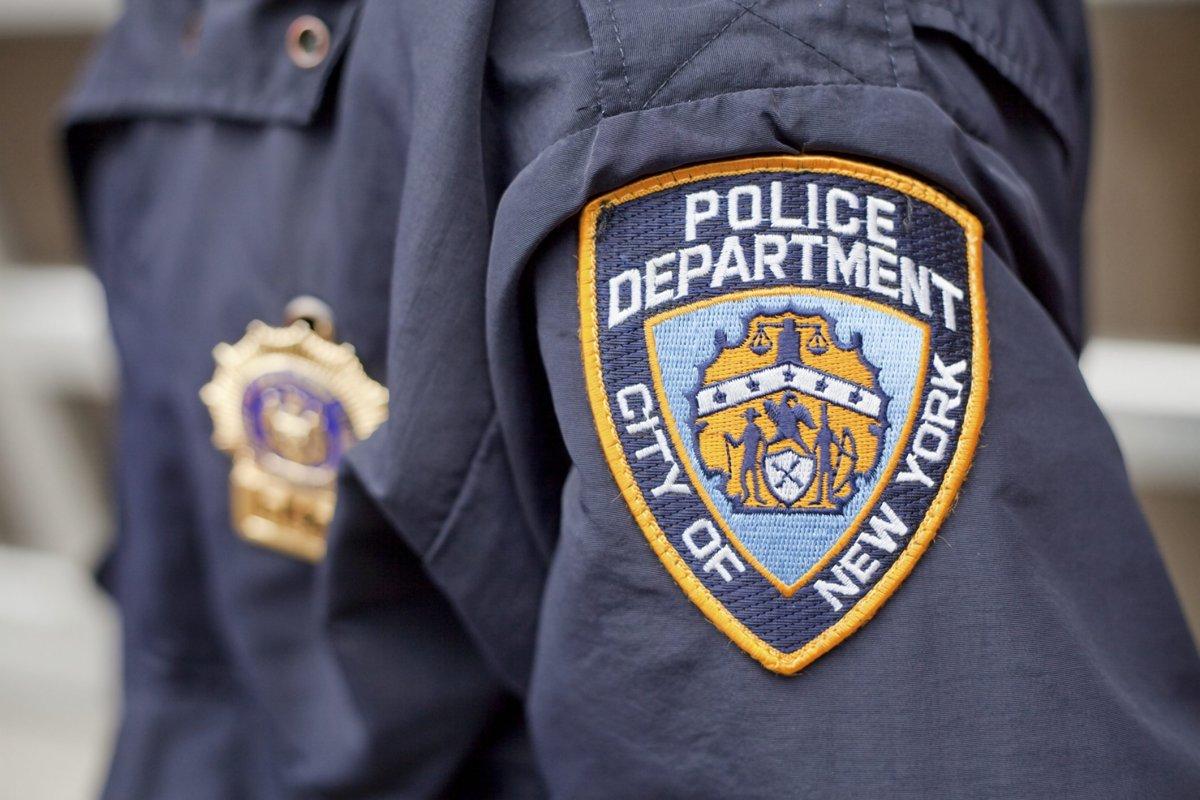





The de Blasio administration and the Council reached a last-minute compromise on the Right to Know Act. (TILLSONBURG/TILLSONBURG)
The City Council has struck a deal with the NYPD on two hotly debated police reform bills, which could now pass next week.
The de Blasio administration and the Council reached a last-minute compromise on the Right to Know Act — bills that would require cops to identify themselves when they make many stops, and tell people they have the right to refuse a search.
Council Speaker Melissa Mark-Viverito has blocked a vote on the bills for years, in the biggest legislative fight to mark her four years in office, but is now on board.
Amended legislation was submitted Monday night, just in time for a deadline to allow a vote at the Council’s last meeting on Dec. 19.
"This legislation ... strikes a fair compromise between enhancing community relations and making sure NYPD officers are able to effectively do their jobs and keep New York City safe,” Mark-Viverito said.
One bill would require officers to get consent before they search someone if there’s no other legal basis for the search, and to inform the person they have the right to say no.
The other bill will require cops to identify themselves with a business card listing their name, rank and command when they stop someone, and to state the reason for the stop. That bill was changed in negotiations so that it only applies to stops based on a suspicion of criminal activity.
The new version also excludes traffic stops, which were covered in the original. And it takes out a requirement that the business card display the phone number to make a complaint with the Civilian Complaint Review Board, instead listing the city’s 311 hotline.
Advocates aren’t on board with the deal, saying it leaves out too many stops where a cop may question someone or ask for their ID even if there’s no suspicion of criminal activity. They’re urging Council members to vote no.
“The bill is strong,” Councilman Ritchie Torres (D-Bronx), the sponsor of the identification bill, told the Daily News.
“If an officer approaches you and questions you as if you’re a criminal suspect, you will know who that person is and why that person stopped you,” he said. “It’s a substantial stride toward improving police-community relations.”
Monifa Bandele, a spokeswoman for Communities United for Police Reform, said the latest bill has “massive loopholes that gut protections for the majority of policing encounters.”
“This NYPD bill being advanced by Torres is neither the Right to Know Act nor a compromise, but political backroom dealing and a surrender of legislative independence to the NYPD and the Mayor. It is the height of disrespect by Council Member Torres,” she said.
“We urge Council Members to oppose this loophole-dominated bill and continue to support the passage of the real Right to Know Act identification requirement, even if that means waiting until the next legislative session.”
Torres shot back that the advocates “insist on nitpicking and fault finding, and it’s unproductive,” saying he was leaning toward putting the bill up for a vote despite the ongoing disagreement though he hasn’t made a final decision.
“I refuse to allow a fanatical few to have veto power over the agenda of the City Council,” he said.
The coalition is backing the other bill requiring consent for searches, which is sponsored by Councilman Antonio Reynoso (D-Brooklyn).
Patrolmen’s Benevolent Association head Pat Lynch blasted the legislation.
"It is almost unthinkable in our current environment that we would discourage police officers from proactively addressing the threats of crime and terrorism, but that is precisely what the 'Right to Know' bills would accomplish,” he said, calling them “harmful pieces of legislation that present a dangerous distraction from the very real threats to our city.”
But Mayor de Blasio said he’ll sign the bills.
“I think these bills are fair,” he told reporters at an unrelated press conference in the Bronx.
“I was open if it could be done in a way that made sure our police could do their jobs effectively, in terms of protecting us, and strike the right balance. And I think the legislation, after a long process, got there.”